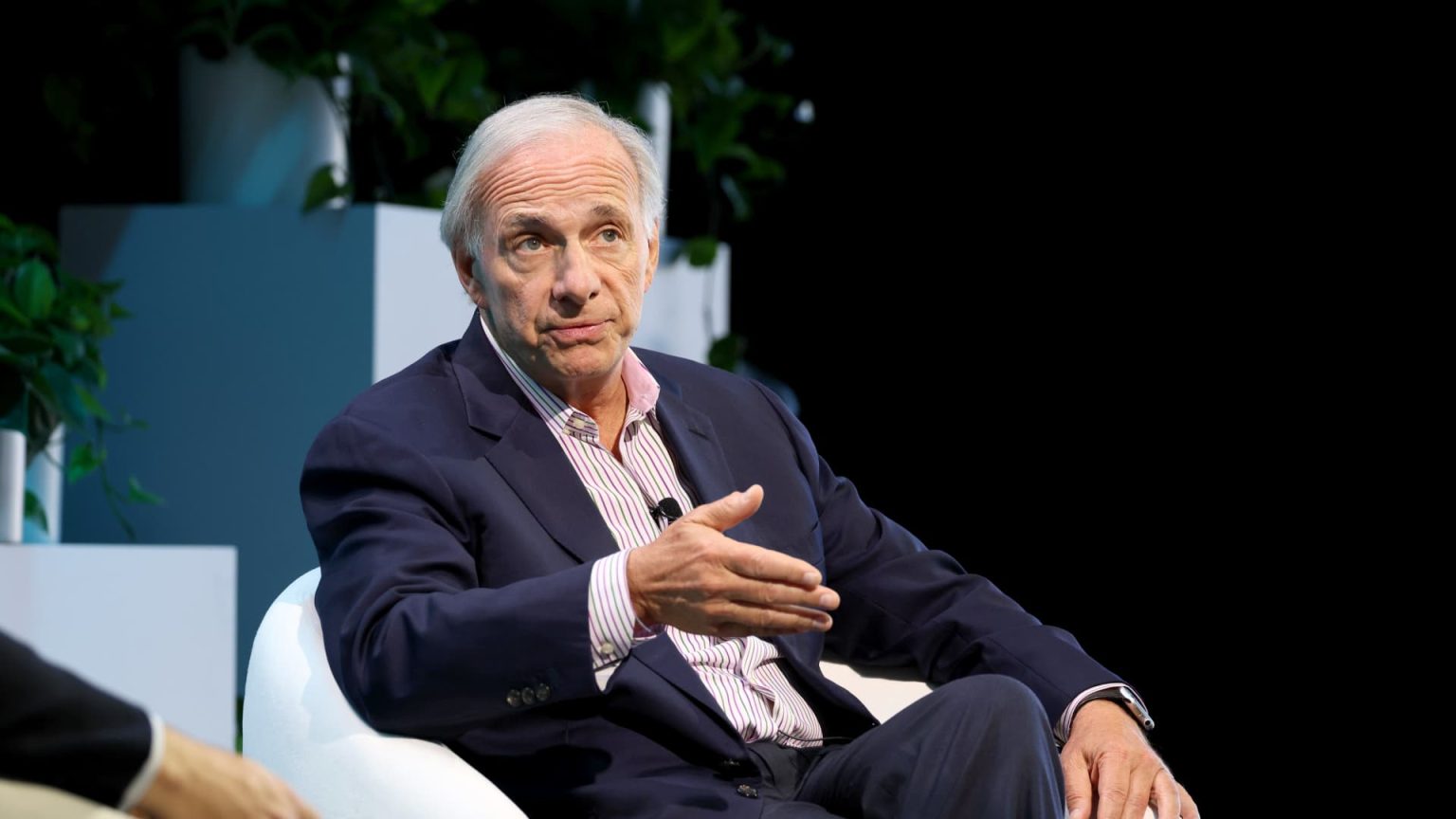Billionaire investor Ray Dalio of Bridgewater Associates believes that investing in China is currently complicated due to potential structural shifts away from capitalism by the Chinese government. He advised investors to approach investments in the region carefully as there are significant changes underway that could impact the economy. Dalio pointed out that China recently experienced a debt crisis and what he described as a “capitalism crisis,” suggesting that the government’s desire for complete control could affect the way the economy operates. Despite recent excitement over investing in China, Dalio cautioned that the government’s approach to economic policies could have long-term implications.
Recent signals of stimulus measures by the Chinese government have sparked interest in investing in the country. However, Chinese officials did not announce concrete stimulus plans during a press conference, leading to disappointment among investors. The Chinese markets experienced a rally that diminished after the lack of clear announcements. Hedge funds have been increasingly investing in Chinese stocks due to hopes of more stimulus, with prominent investors like David Tepper of Appaloosa Management increasing their bets on China. Beijing’s tightening regulations on its technology sector in recent years have added to the uncertainty surrounding investing in the region.
Dalio also shared his views on the Federal Reserve’s monetary policy, suggesting that significant rate cuts are unlikely given the economy’s current health. Despite expectations of easing monetary policy, Dalio believes that the economy is relatively stable and balanced, reducing the need for substantial rate cuts. The Chinese government’s efforts to control the economy and recent policy actions have influenced investor sentiment in the region, prompting caution among those looking to invest in China. Dalio’s nuanced and cautious approach to investing in China reflects the uncertainty surrounding the country’s economic future and the potential impacts of government policies.
The Chinese government’s desire for complete control over the economy has raised concerns among investors like Ray Dalio, who see potential structural changes that could impact the way businesses operate in the country. Despite recent signals of stimulus measures, the lack of concrete announcements has led to uncertainty among investors and a subsequent decline in market gains. Hedge funds have continued to invest in Chinese stocks in hopes of more stimulus, with notable investors like David Tepper increasing their bets on the region. Beijing’s stricter regulations on its technology sector have added to the challenges facing investors looking to invest in China.
Overall, Ray Dalio’s cautionary approach to investing in China reflects the complexities and uncertainties surrounding the region’s economic future. The government’s desire for control, coupled with recent policy actions and tighter regulations, has created a challenging environment for investors. Despite potential stimulus measures, the lack of clear announcements from Chinese officials has dampened enthusiasm in the markets. While some investors like Tepper remain optimistic about investing in China, others, including Dalio, urge a nuanced and cautious approach in light of the shifting economic landscape and government policies. The future of investing in China remains uncertain, with many watching closely for further developments and potential impacts on the global economy.


